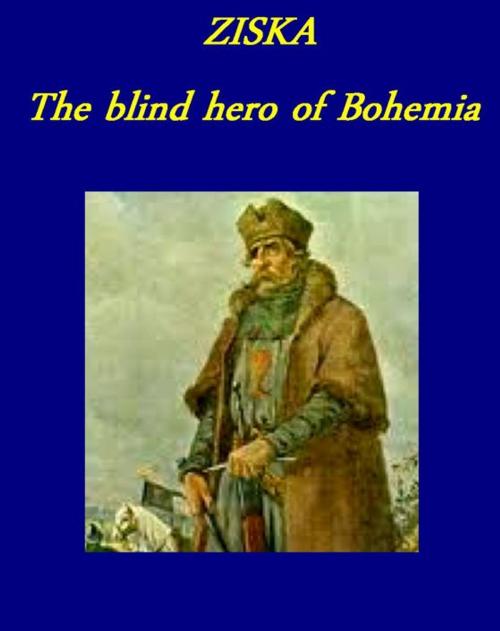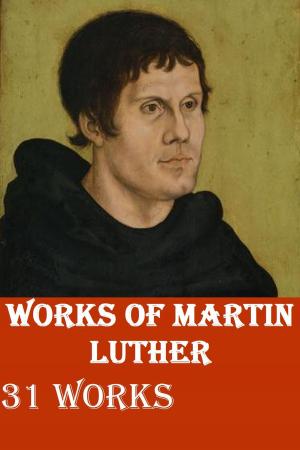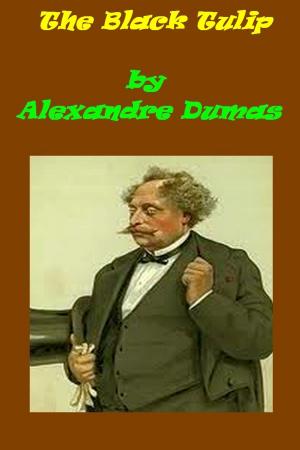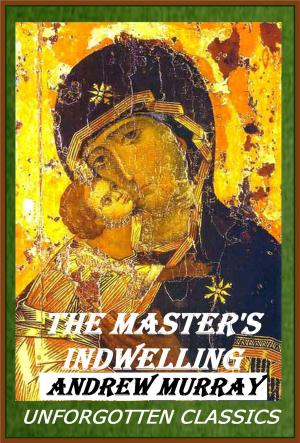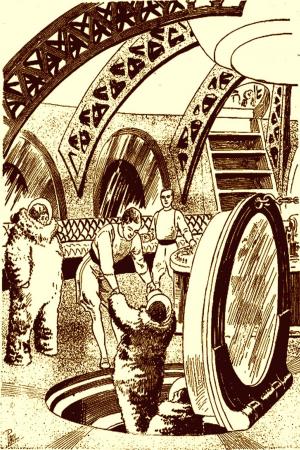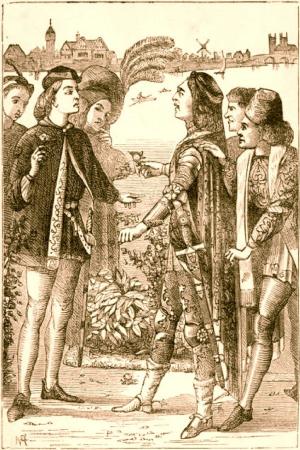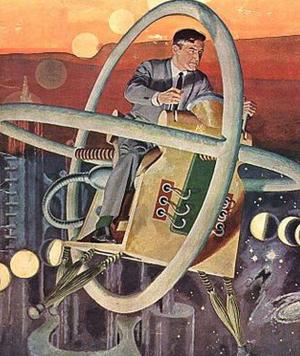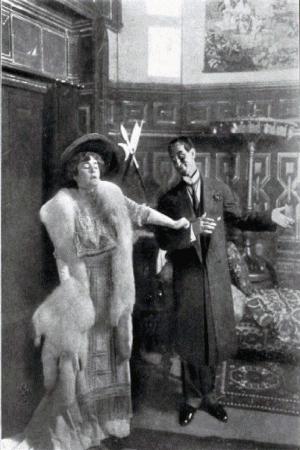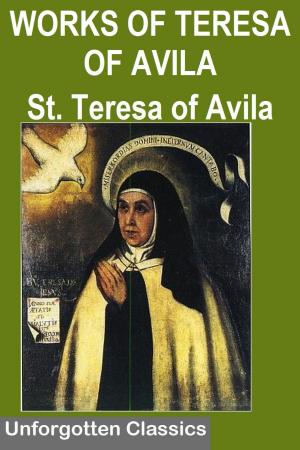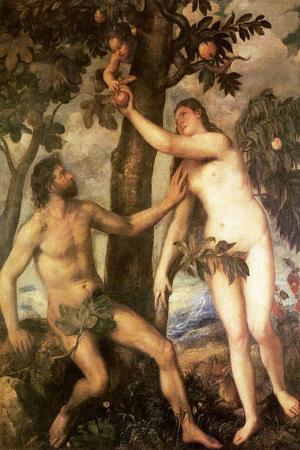| Author: | WILLIAM EPHRAIM HOULDEY | ISBN: | 1230000756105 |
| Publisher: | Liongate Press | Publication: | November 2, 2015 |
| Imprint: | Language: | English |
| Author: | WILLIAM EPHRAIM HOULDEY |
| ISBN: | 1230000756105 |
| Publisher: | Liongate Press |
| Publication: | November 2, 2015 |
| Imprint: | |
| Language: | English |
The great movement which, in the sixteenth century, shook to its foundation the edifice of ecclesiastical tyranny and corruption, and overthrew customs and abuses which long ages had established, was no sudden or inexplicable event. To those, indeed, who were slow to realise the possibility of change, or who disregarded the many warning voices which heralded the Reformation, the catastrophe may have appeared unnatural and unaccountable; but it is not so to us who can calmly look back, and trace the course of events, and see the smouldering embers always ready to burst into flame.
It has been too customary to ignore the noble precursors of the Lutheran Reformers, and to treat the Reformation itself as a detached and disconnected history; whilst the fact is, that when we closely examine the subject, we see that it was the natural sequence of a long course of events. It may, indeed, be admitted that Wycliffe is well known as the "Morning Star of the Reformation," and that Lord Cobham, Huss, and Jerome of Prague, are associated with him as early champions of liberty and truth; but, on the other hand, there are many others who, if not taking as active a part in public affairs, or coming as prominently before the world in action, did yet, by their lives and writings, help to lay the foundation of the Reformation as surely as their better known colleagues. We need hardly mention, among these, Grosseteste, or Greathead, Bishop of Lincoln, in our own country; Peter Waldo, Arnold of Brescia, and John of Goch, John of Wesel, John Wessel -called the Lux Mundi, who, with others in Germany and the Netherlands, wrought well for the propagation of the truth.
But the subject of this narrative does not certainly owe to his writings his claim to notice; nor, although he may not be well-known, can it be said that his life was passed in obscurity or inaction; on the contrary, there were few among his contemporaries who were more conspicuous, or had a larger share in the history of passing events. But before we can arrive at any trustworthy estimate of his life, it is necessary to have some acquaintance with the circumstances which brought him into prominence.
The great movement which, in the sixteenth century, shook to its foundation the edifice of ecclesiastical tyranny and corruption, and overthrew customs and abuses which long ages had established, was no sudden or inexplicable event. To those, indeed, who were slow to realise the possibility of change, or who disregarded the many warning voices which heralded the Reformation, the catastrophe may have appeared unnatural and unaccountable; but it is not so to us who can calmly look back, and trace the course of events, and see the smouldering embers always ready to burst into flame.
It has been too customary to ignore the noble precursors of the Lutheran Reformers, and to treat the Reformation itself as a detached and disconnected history; whilst the fact is, that when we closely examine the subject, we see that it was the natural sequence of a long course of events. It may, indeed, be admitted that Wycliffe is well known as the "Morning Star of the Reformation," and that Lord Cobham, Huss, and Jerome of Prague, are associated with him as early champions of liberty and truth; but, on the other hand, there are many others who, if not taking as active a part in public affairs, or coming as prominently before the world in action, did yet, by their lives and writings, help to lay the foundation of the Reformation as surely as their better known colleagues. We need hardly mention, among these, Grosseteste, or Greathead, Bishop of Lincoln, in our own country; Peter Waldo, Arnold of Brescia, and John of Goch, John of Wesel, John Wessel -called the Lux Mundi, who, with others in Germany and the Netherlands, wrought well for the propagation of the truth.
But the subject of this narrative does not certainly owe to his writings his claim to notice; nor, although he may not be well-known, can it be said that his life was passed in obscurity or inaction; on the contrary, there were few among his contemporaries who were more conspicuous, or had a larger share in the history of passing events. But before we can arrive at any trustworthy estimate of his life, it is necessary to have some acquaintance with the circumstances which brought him into prominence.
